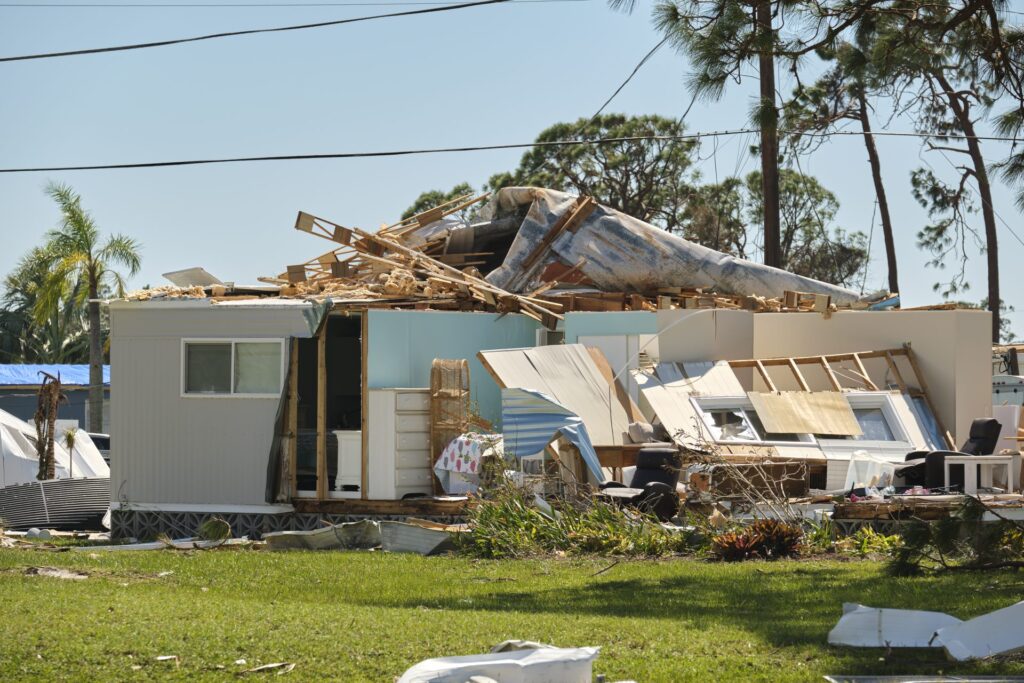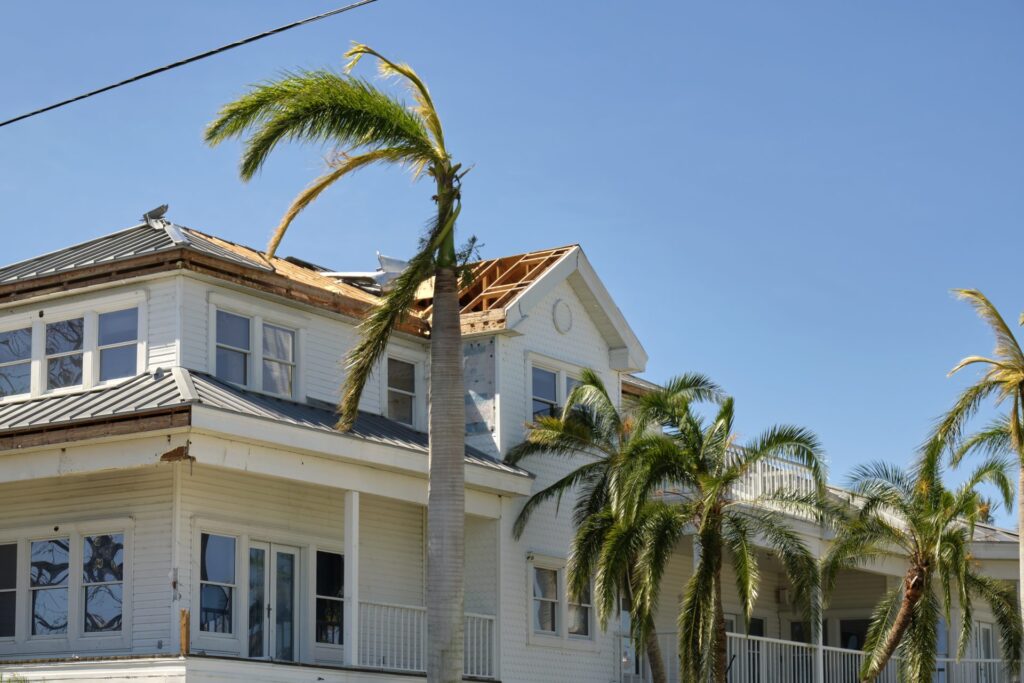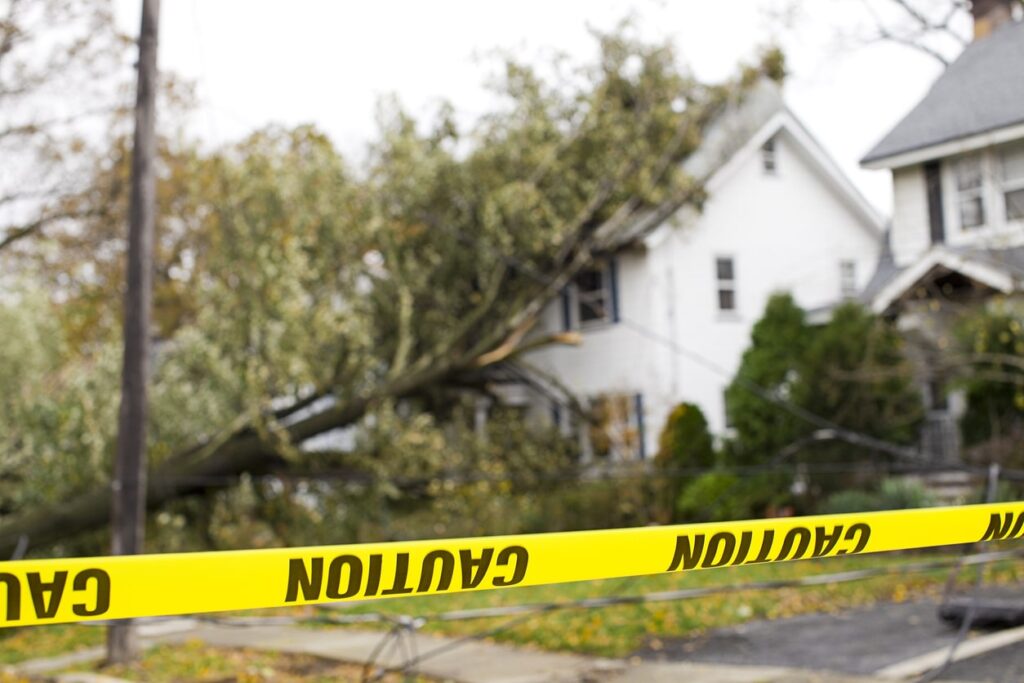Secure Your Home: Why Regularly Reviewing Your Home Insurance Policy Is a Must!
Home is where the heart is, but is it adequately protected? In this fast-paced world, safeguarding your most precious asset is paramount. We’re going to explore the pivotal role of an insurance lawyer in ensuring your peace of mind, especially when faced with unpredictable elements like storm damage. Homeowners, buckle up – your property deserves the best defense.
Understanding the nuances of property insurance claims, especially when it comes to roof damage from a hail storm or wind storm, can be daunting. Unraveling the complexities, we delve into the whys and hows, shedding light on the benefits of staying informed.
This is what we’ll cover:
- The significance of regular home insurance policy reviews
- Navigating storm damage in homeowners insurance claims
- Insight into insurance lawyers and their role
- Common issues like insurance claim denials addressed
- Tips for tackling roof damage and related claims effectively
The Shield: Regular Home Insurance Policy Reviews
Your insurance policy is not just a piece of paper; it’s your fortress against unforeseen adversities.
Periodic reviews are your shield against potential pitfalls and the key to maximizing benefits. Regularly reviewing your home insurance policy is akin to conducting a health checkup for your home. It ensures that you are adequately covered and that your policy aligns with your current needs and the evolving value of your property.
A few things to look out for in your policy:
- Remove any RCV to ACV conversions
- Remove cosmetic waivers
- Pay attention to exclusions, remove any that you want to have coverage for
- Ensure you have an RCV policy
- Ensure you have an All Risks Policy, rather than a Named Peril Policy
Weathering the Storm: Dealing with Home Insurance Claims
Navigating the storm of property insurance claims can be challenging, especially when storm damage wreaks havoc on your home. From water damage to roof leaks, understanding the intricacies involved in addressing storm damage is crucial. This section will walk you through the common challenges homeowners face when dealing with insurance claims related to storm damage. Here are some practical tips on documenting and reporting damage to ensure a smoother claims process.
- Safety First: Before assessing and documenting damage, prioritize safety. Ensure that it’s safe to enter the property, and be cautious of potential hazards like fallen power lines or structural instability.
- Thorough Inspection: Conduct a thorough inspection of your property, both inside and outside. Note any visible damage to the roof, walls, windows, and other structural elements. Take photographs and videos to document the extent of the damage.
- Capture Details: Pay attention to the details. Document the date and time of the storm, and note any unusual weather conditions. Record specific details about the damage, such as the location, size of hail, and nature of the impact.
- Create an Inventory: Compile a detailed inventory of damaged items within your home. Include information such as the brand, model, and approximate value of each item. This inventory will be invaluable when filing your insurance claim.
- Communicate Promptly: Report the damage to your insurance company as soon as possible. Many policies have a specified timeframe for reporting claims, so prompt communication is essential. Provide a detailed description of the damage and the steps you’ve taken to prevent further loss.
- Mitigate Further Damage: Take necessary steps to prevent further damage to your property. If safe to do so, cover damaged areas with tarps or boards to prevent water intrusion. Keep records of any expenses incurred during these mitigation efforts.
- Keep a Paper Trail: Maintain a comprehensive paper trail throughout the claims process. Keep copies of all communication with your insurance company, including emails, letters, and notes from phone conversations. This documentation can be crucial in case of disputes.
- Engage Professionals: If needed, engage professionals to assess and document the damage. Contractors, appraisers, public adjusters, or attorneys can provide expert opinions and detailed reports that strengthen your claim. Attorneys, specifically, can help you dispute your claim when the insurance company refuses to budge on a denied or underpaid claim.
- Understand Your Policy: Familiarize yourself with your insurance policy and understand the coverage limits and exclusions. Knowing your policy’s details will help you navigate the claims process more effectively.
- Document Repairs: After making temporary repairs or initiating the restoration process, document the repairs thoroughly. Keep receipts and invoices for all expenses related to repairs, as these will be essential for reimbursement.
The Legal Guardian: Insurance Lawyers to the Rescue
When the tempest of insurance claims hits, having an insurance lawyer by your side can make all the difference. Explore the role of these legal guardians and how they advocate for your rights as a homeowner. Understanding when and how to seek legal assistance can significantly impact the outcome of your insurance claim.
Our law firm is available 24/7 for any inquiries you may have about your claim.
We can be reached at 877-890-6372 or info@stormlex.com
Denied: Decoding Insurance Claim Denials
Facing an insurance claim denial can feel like hitting a dead end.
Demystify the reasons behind claim rejections and discover strategies to overcome obstacles when seeking coverage for your losses. Here is a list of common reasons for claim denials and provide insights into how homeowners can proactively avoid these pitfalls.
- Lack of Coverage:The claimed damage may fall outside the scope of coverage outlined in the policy.
- Policy Exclusions:Specific events or types of damage may be explicitly excluded from coverage in the insurance policy.
- Missed Filing Deadline:Claims not reported within the stipulated timeframe may be denied.
- Pre-existing Conditions:Damage that existed before the policy came into effect may not be covered.
- Failure to Mitigate:If homeowners don’t take prompt action to mitigate further damage after an incident, it could lead to denial.
- Misrepresentation:Providing inaccurate or incomplete information during the application process can result in denial.
- Claim Documentation Issues:Missing or insufficient documentation supporting the claim can lead to denial.
- Negligence:Damage caused by homeowner negligence, such as lack of maintenance, may not be covered.
- Gradual Damage:Damage that occurs gradually over time, such as water leaks, may be excluded.
- Unapproved Repairs:Undertaking repairs without insurer approval may lead to claim denial.
- Policy Lapses:If premiums are not paid, coverage may lapse, resulting in denied claims.
- Act of God Exclusions:Some policies exclude coverage for natural disasters deemed as “acts of God.”
- Business Use Exclusion:Damage occurring in areas used for business purposes may not be covered by a homeowners policy.
- Disputed Cause of Loss:If there is a dispute over the actual cause of the damage, it may lead to appraisal or a denial.
Navigating the Rooftop: Understanding Roof Damage Claims
Your roof, quite literally, is your first line of defense against the elements. It bears the brunt of nature’s fury, especially during hail storms. Dive into the specifics of roof damage claims, exploring the intricacies of assessing and documenting hail storm damage. We’ll equip you with knowledge to ensure a seamless claims process, from identifying roof damage to working with adjusters for fair compensation.
For more tips, view our educational videos on YouTube:

















